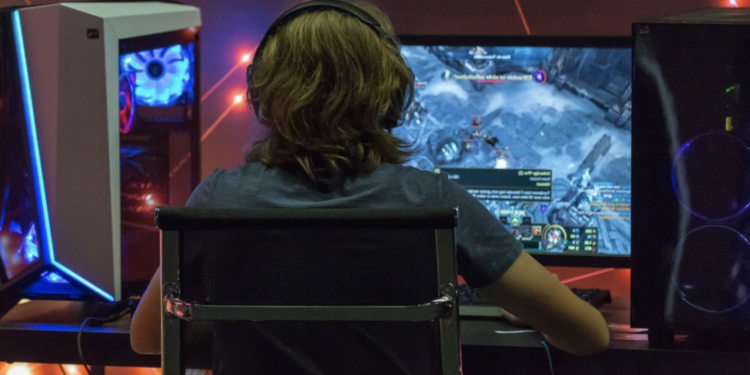You’ve heard it before, and you’ll hear it again now: there’s money—in fact, A LOT—in professional gaming. Although the exact amount can vary widely, some entry-level ones can already pocket about $25,000 a year doing the one thing they love, even as a side hustle.
Big-time pro gamers, meanwhile, can earn as much as $1 million annually. They could get this not only in playing in tournaments but also in closing partnership deals and selling merchandise. Yes, becoming a professional gamer can also make you a brand ambassador or a social media influencer.
But how does one become a pro gamer? Do you need some education, training, or experience? How about the tools of the trade? Get the answers to your questions in this step-by-step guide:
- Know What You Want
Like any career or job, professional gaming demands a lot of hard work and commitment, long hours, and even capital. You don’t want to waste these resources by quitting later because you suddenly realize this isn’t the field you want to be in.
Before you even seriously consider becoming a professional gamer, know what you want. First, understand your motivation for playing. In some cases, it’s not about the money at all. It could be because you love to play or want to hang out with other people.
You may also be competitive and that winning itself is the reward. Money only comes second, so it doesn’t really matter how much you get in the end.
Perhaps you want to be a professional gamer, but you see yourself competing in desktop PC games than mobile games. Further, while you can join big tournaments and earn big bucks (if you win), if you’re part of the team, training for at least 8 hours a day might not appeal to you.
To know what you want, consider doing the following:
- Identify the different routes or pathways to becoming a professional gamer. As mentioned, you can join teams or stream games on various online platforms, such as Facebook, Twitch, or YouTube.
- Understand your motivation. You can take a short quiz to know your gamer profile.
- Know the games you want to play. If you want to shorten the learning curve, pick those categories you are already familiar with and master the games.
- Discover the stories of some of the biggest pro gamers today. Your journey may be different, but you can have a better idea about what to expect from the industry.
- Invest in Quality Equipment
You can make gaming cheap by buying secondhand PCs or mobile devices and trying to skip expensive peripherals. Still, you are likely to play better if you invest in good-quality equipment like a high-performance desktop gaming computer early on.
As their name suggests, these PCs have hobbyists and pro gamers in mind: they are faster than regular PCs, don’t become hot when you play for long hours, and come with amazing video and sound graphics. Many are also portable and easy to install, so you can bring them with you anywhere, such as during training or playing with friends.
While they can be expensive, some sellers now offer financing, so they’re easier on the pockets. Besides, you are likely to feel more motivated to continue playing and competing when your device is trustworthy.
- Try to Get Some Real Education
In reality, professional gaming doesn’t require any educational background or previous related work experience. However, having either or both can also work to your advantage.
First, some technical knowledge can help you pick the right pieces of equipment to use and maximize their power and performance in every gameplay.
Second, an experience in video game design, for example, can give you a deeper understanding of gameplay. It can help you build better techniques that can increase your chances of winnings.
But what education do you need? One pro gamer from Leeds, Ozzy, suggests getting a foundational degree focusing on computer science, programming, or game design.
These kinds of education will help you land a job as a computer game tester. In this profession, you can play games before they are being released in the market. Not only will you learn the gameplay before your competitors, but you can also practice your skills for free (and while getting paid!).
Above all else, pro gaming demands intense dedication, considering the competition and the length of training you need to have before you can truly make it. But as long as you’re willing to put in the work, invest in yourself and proper equipment, and ready to compete in the market, pro gaming has plenty of things to offer you.
Meta title: 3 Steps to Become a Pro Gamer
meta desc: Professional gaming offers a lot of financial and career opportunities, but how does one become a pro gamer? Does it require some education, training, or work experience? What equipment do you need?








